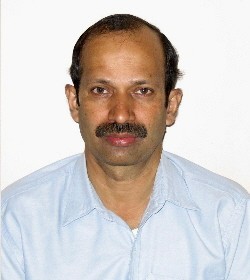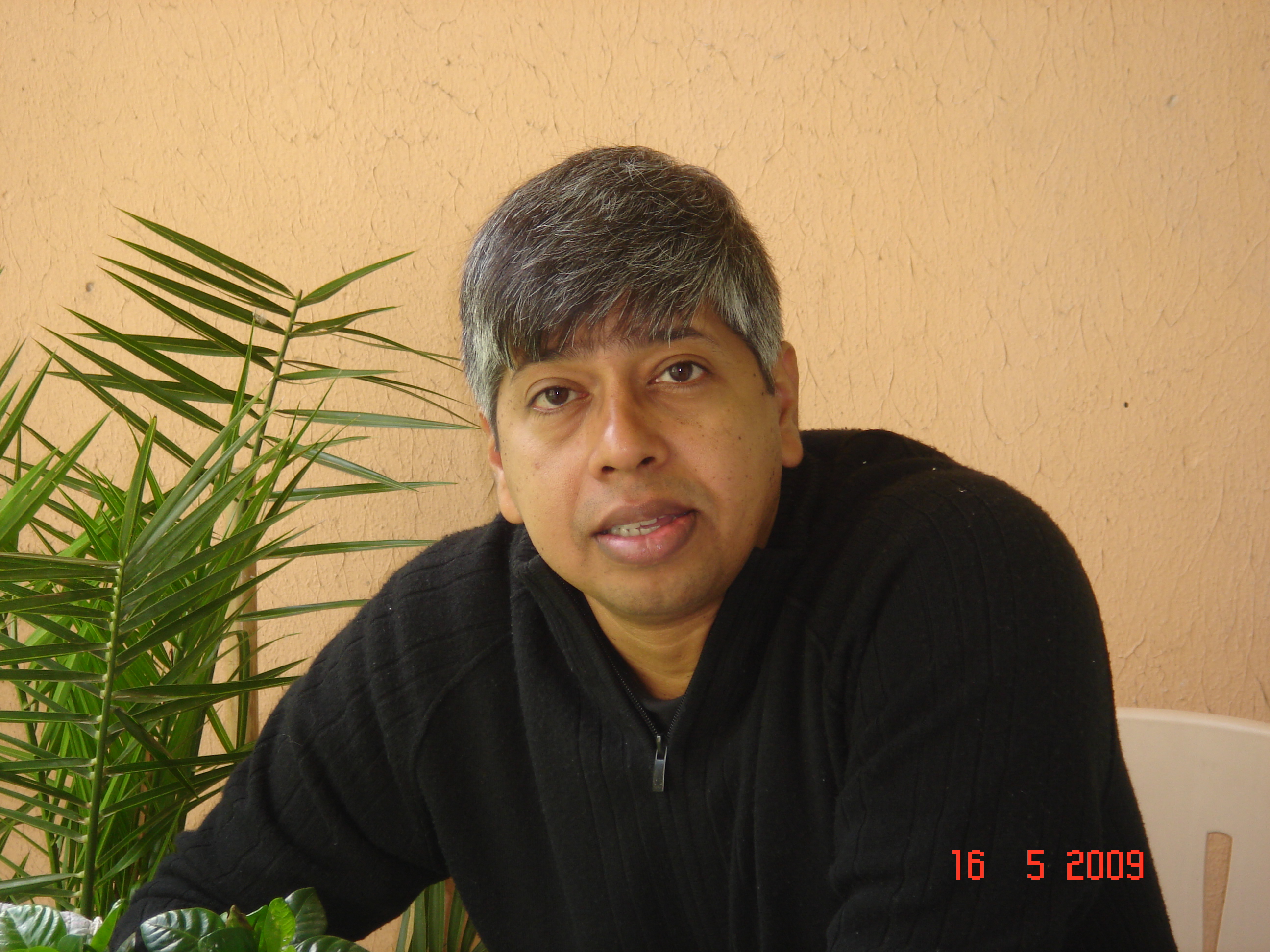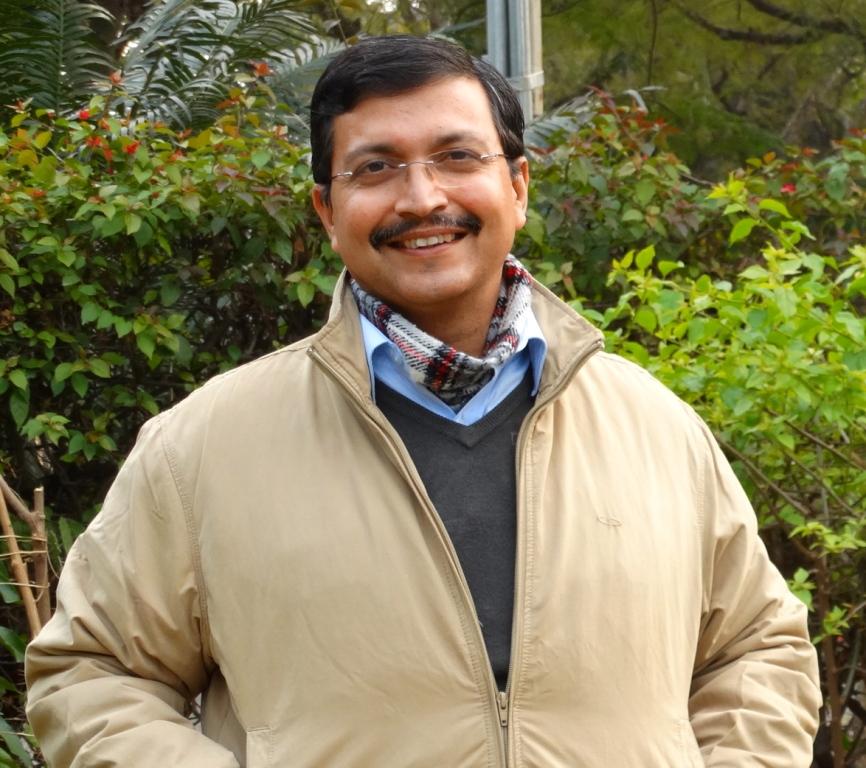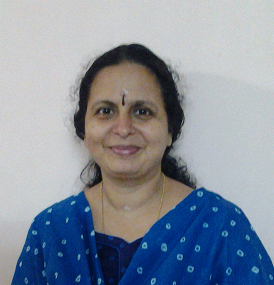INCOMPASS 2015-2018
India Investigators
The named investigators on INCOMPASS are listed here. Please refer to the Intitution links on the left menu to see the many other people working on the project!
Click on the left-hand menu for links to the various institutions, investigators, and all those involved.
Recruitment is ongoing so this may not always represent an up-to-date list.
 |
Bhat is the India lead for INCOMPASS based at CAOS, Indian Institute of Science in Bangalore. His research interests lie in tropical convection, cloud dynamics, mesoscale convection, field experiments, atmosphere-ocean coupling and the boundary layer.
Prof. G. S. BhatIndia Principal Investigator |
 |
Sekhar is an Investigator for INCOMPASS based at Department of Civil Engineering, IISc in Bangalore. His research interests cover groundwater hydrology, agro-hydrology, analysis of flow and reactive transport in groundwater systems as well as field-scale experiments in watershed hydrology. Sekhar takes charge of a flux tower site near to Mysore.
Prof. M. SekharIISc Investigator |
 |
Rajagopal is an Investigator for INCOMPASS and is Director of the National Centre for Medium Range Weather Forecasting in Noida (near Delhi). His research interests cover global NWP, monsoon studies, ensemble prediction and land-surface processes.
Dr EN RajagopalNCMRWF Investigator |
 |
Ashis is an Investigator for INCOMPASS based at National Centre for Medium Range Weather Forecasting in Noida (near Delhi). His research interests take in coupled ocean-atmosphere modeling and ocean initialization, air-sea Interaction, and monsoon prediction on a variety of time scales.
Dr Ashis MitraNCMRWF Investigator |
 |
Madan is an Investigator for INCOMPASS based at the India Meteorological Department. Her expertise covers management of operational observations in the IMD network, particularly the upper-air network.
Dr Ranju MadanIMD Investigator |
 |
Sachi is an Investigator for INCOMPASS based at IIT Kanpur. His research interests take in aerosol optical and microphysical properties and cloud microphysics.
Prof. Sachchida TripathiIIT-Kanpur Investigator |
 |
Sandeep is an Investigator for INCOMPASS based at IIT Bhubaneswar. His research interests include convective parametrizations, model biases, and extended range predictions of active-break events.
Dr Sandeep PattnaikIIT-Bhubaneswar Investigator |
 |
Mrudula is a Senior Scientist in the Centre for Electromagnetics of the CSIR-National Aerospace Laboratories (CSIR-NAL) and an Investigator for INCOMPASS. Her current research interests include convective and boundary layer parameterizations in atmospheric models, aiming to improve monsoon predictions. She has also worked on atmospheric behaviour during tropical cyclones using observational data.
Dr Mrudula GNAL Investigator |
 |
Dr Venkatesh is a co-investigator for INCOMPASS and Principal Scientist at the CTFD division of CSIR-NAL. Dr Venkatesh has been helped develop the Varsha GCM for studying the monsoon and is currently working on atmospheric turbulence and related areas. His research interests include CFD, NWP, tropical cyclones and vortex dynamics.
Dr TN VenkateshNAL Co-Investigator |
 |
Bimal is an Investigator for INCOMPASS based at the Indian Space Research Organisation. His research interests encompass energy/mass exchange in vegetative systems using model simulation, measurement and satellite remote sensing.
Dr Bimal BhattacharyaISRO Investigator |